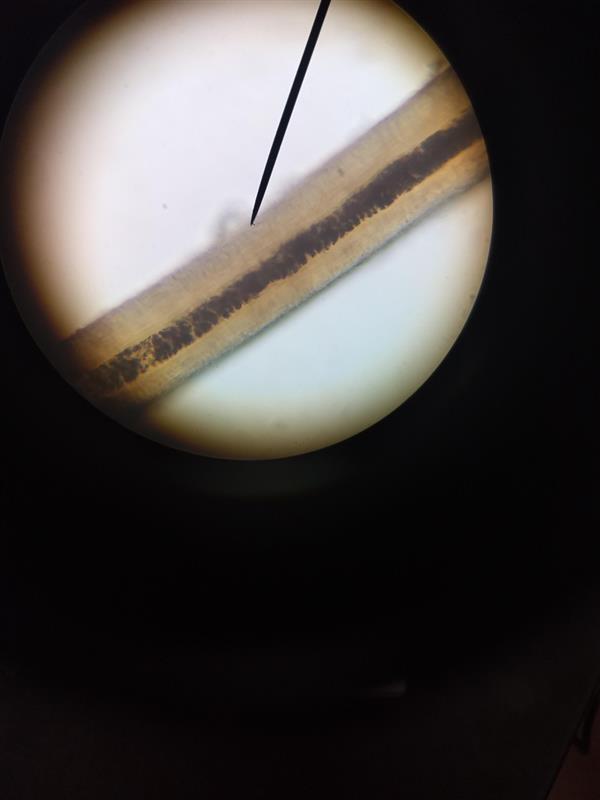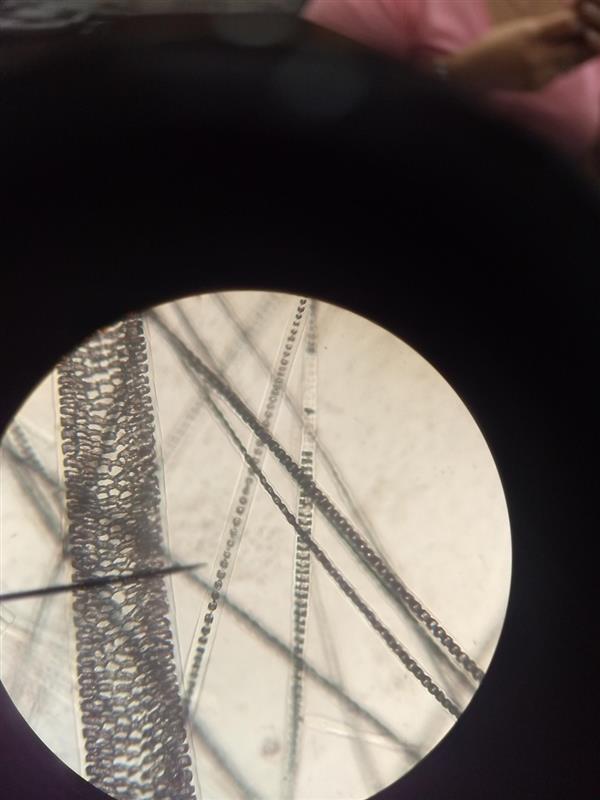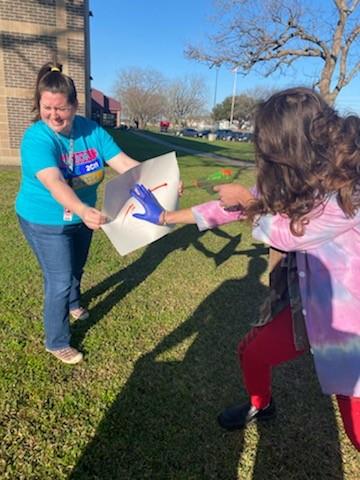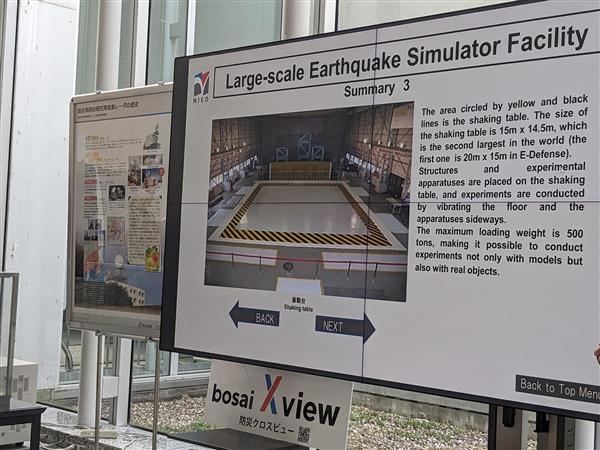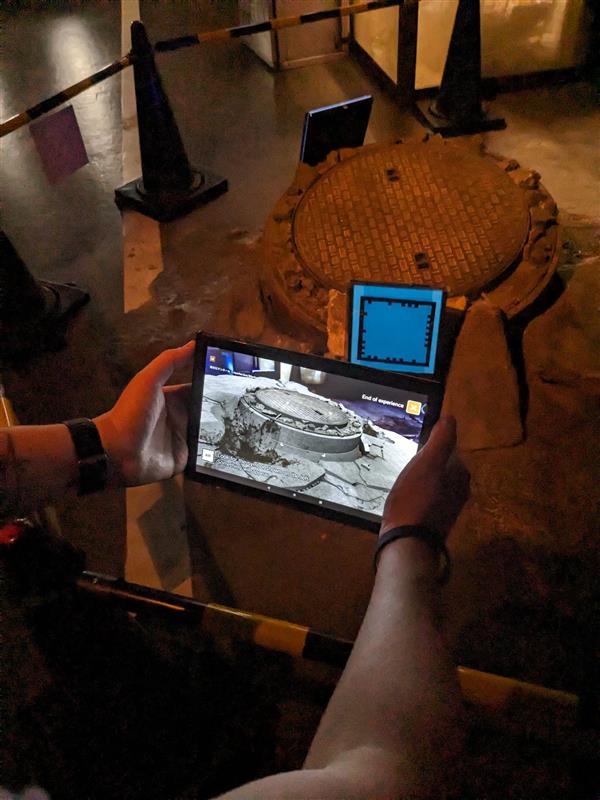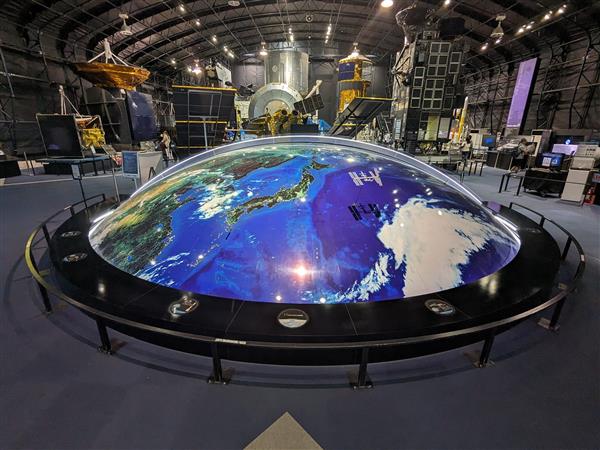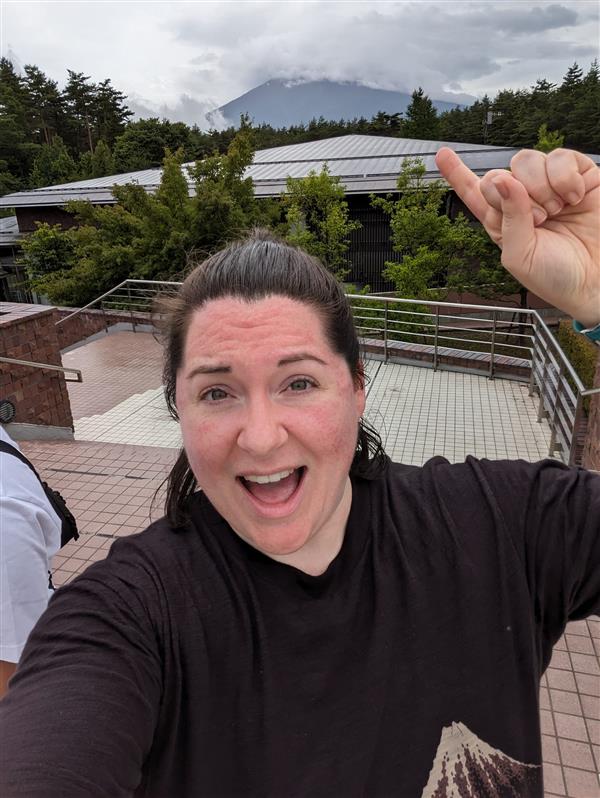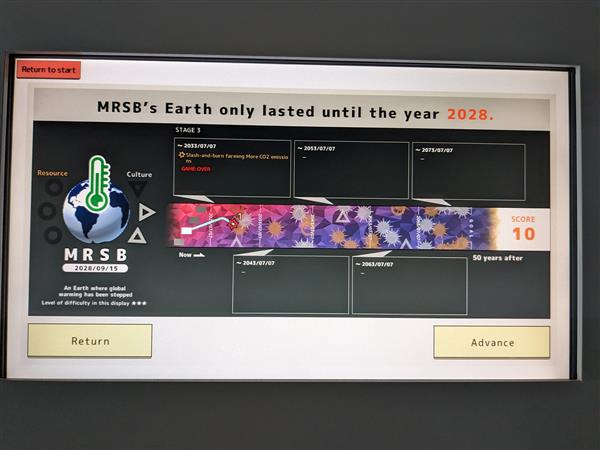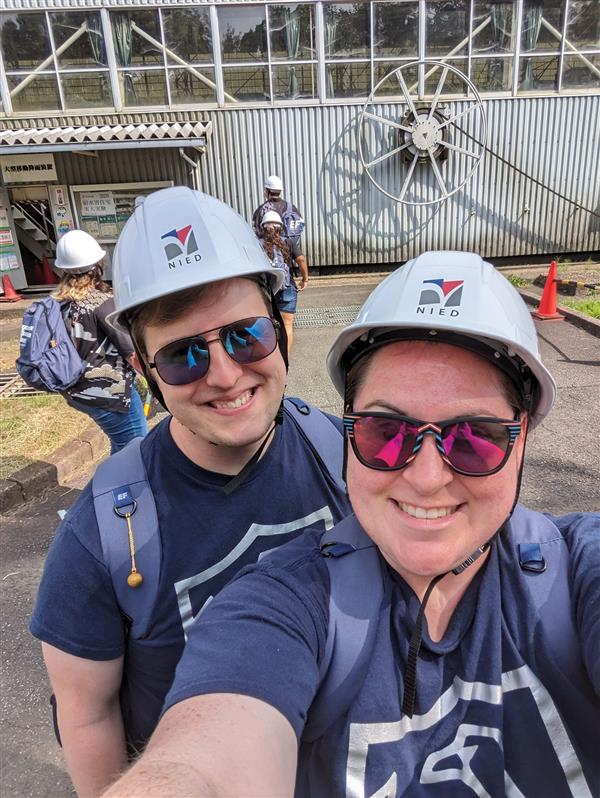-
The term forensic science involves forensic (or forensis, in Latin), which means a public discussion or debate. In a more modern context, however, forensic applies to courts or the judicial system. Combine that with science, and forensic science means applying scientific methods and processes to solving crimes.
From the 16th century, when medical practitioners began using forensic science to writings in the late 18th century that revealed the first evidence of modern pathology, to the formation of the first school of forensic science in 1909; the development of forensic science has been used to uncover mysteries, solve crimes, and convict or exonerate suspects of crime for hundreds of years.
The extraordinary scientific innovations and advancements in forensic science have allowed it to become a highly developed science that involves a number of disciplines and thousands of forensic scientists specializing in everything from DNA and botany to dentistry and tool-marks.
The field of forensic science draws from a number of scientific branches, including physics, chemistry, and biology, with its focus being on the recognition, identification, and evaluation of physical evidence. It has become an essential part of the judicial system, as it utilizes a broad spectrum of sciences to achieve information relevant to criminal and legal evidence.
Forensic science may prove the existence of a crime, the perpetrator of a crime, or a connection to a crime through the:
- Examination of physical evidence
- Administration of tests
- Interpretation of data
- Clear and concise reporting
- Truthful testimony of a forensic scientist
Forensic science has become an integral part of many criminal cases and convictions, with objective facts through scientific knowledge serving both defense and prosecution arguments. The testimony of forensic scientists has become a trusted component of many civil and criminal cases, as these professionals are concerned not with the outcome of the case; only with their objective testimony based purely on scientific facts.
Source: “What Is Forensics?” How to Become a Crime Scene Investigator, www.crimesceneinvestigatoredu.org/what-is-forensic-science/.
